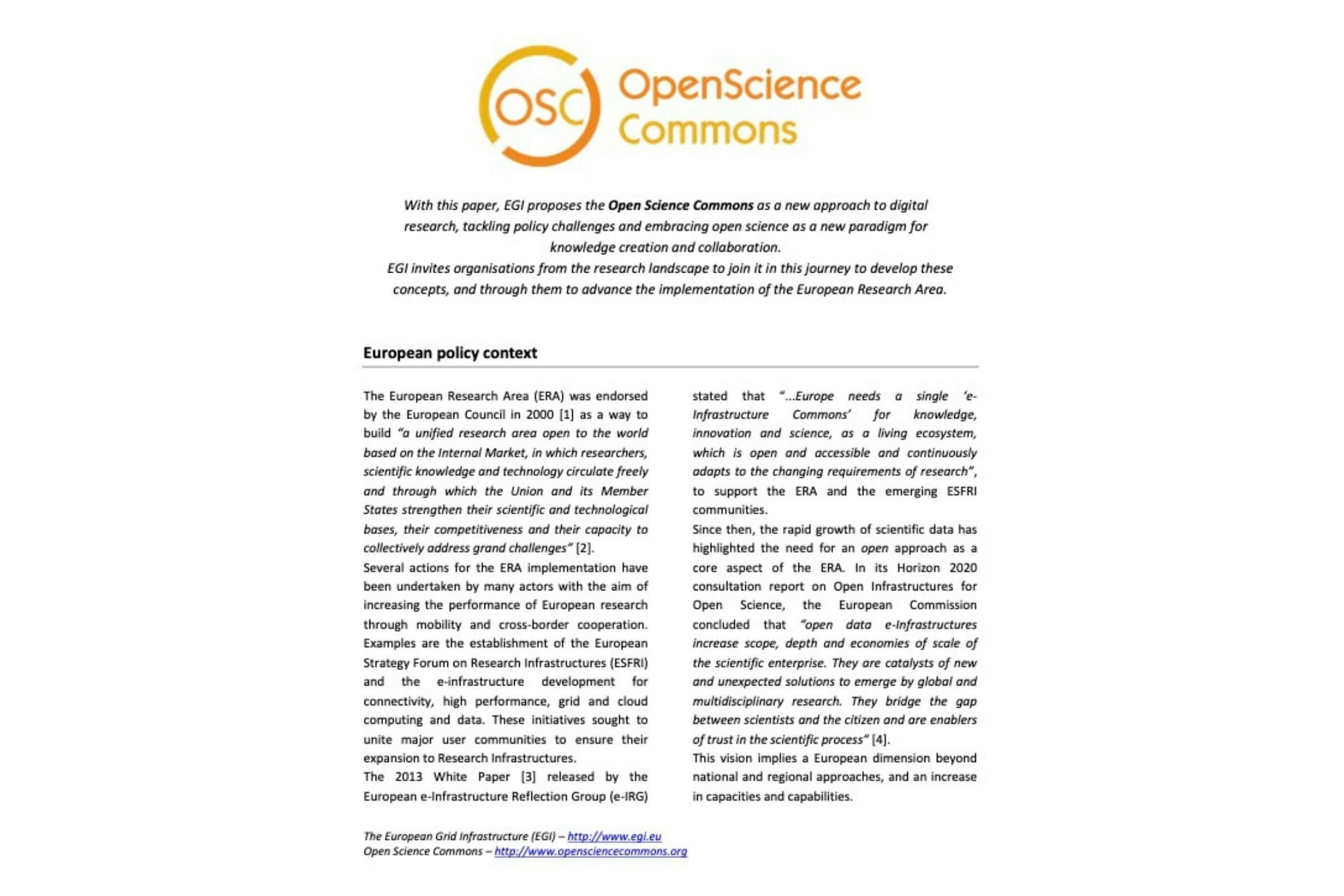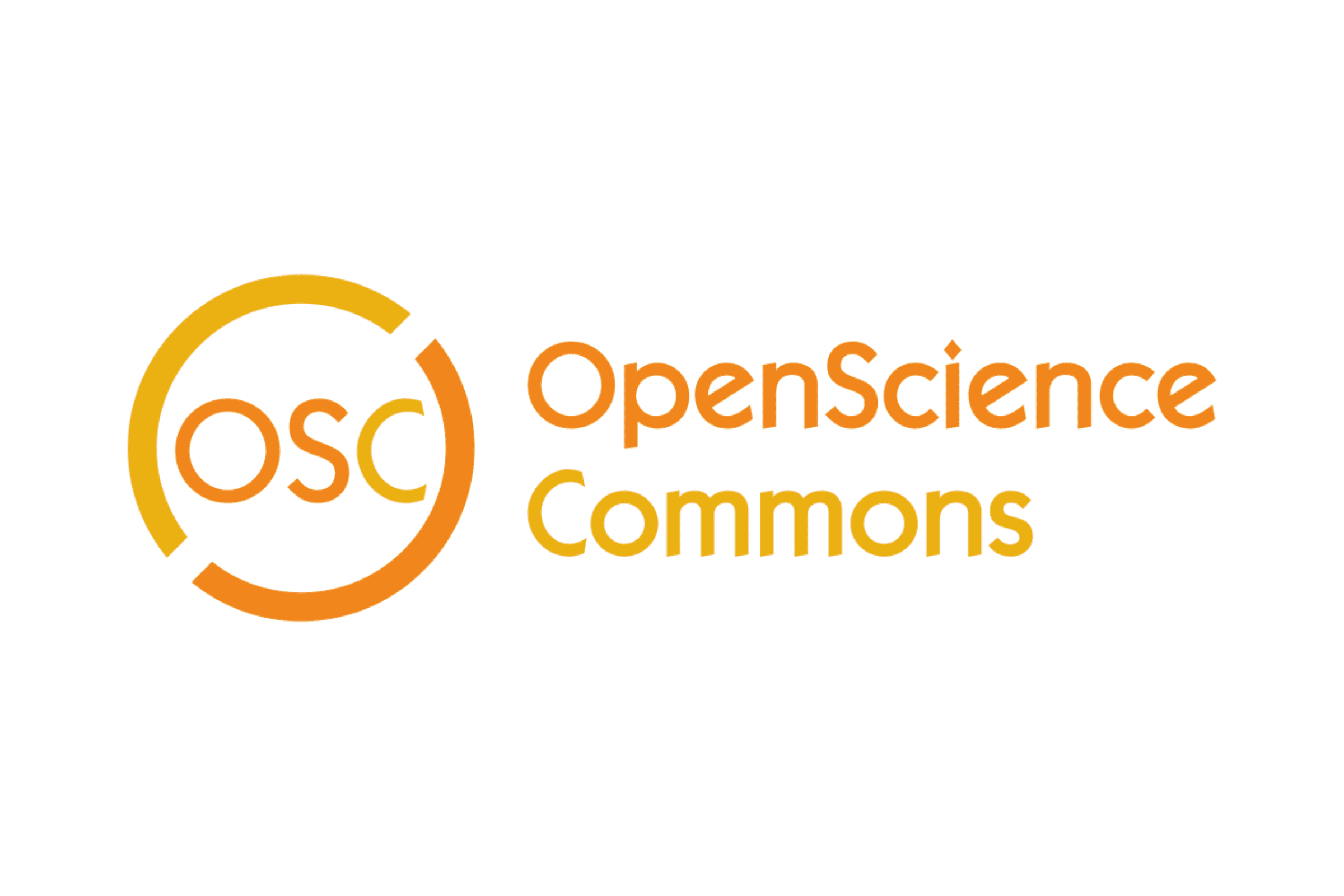In 2014, we launched a vision for an Open Science Commons (OSC) as an approach for sharing and governing advanced digital services, scientific instruments, data, knowledge and expertise that enables researchers to collaborate more easily and be more productive.
Within the OSC, researchers from all disciplines would have easy, integrated and open access to the advanced digital services, scientific instruments, data, knowledge and expertise they need to collaborate and achieve excellence in science, research and innovation.
The Open Science Commons builds on the understanding that managing shared resources as a Commons maximises benefits for society. Applying this principle to the Open Science process is expected to improve stewardship from funding agencies in collaboration with stakeholders. It will also create clear and non-discriminatory access rules together with the sense of shared ownership stimulates a higher level of participation, cooperation and social reciprocity.
The Open Science Commons relies on four pillars, representing a wide range of groups, providers and community types:
- Data. The data that is the subject matter for research. It should be dealt with according to the principles of open access and open science, while maintaining trust and privacy for researchers.
- e-Infrastructures. The technology and technical services supporting researchers, building towards integrated services and interoperable infrastructures across Europe and the world.
- Scientific instruments. The equipment and collaborations which generate scientific data, from small-scale lab machines to global collaborations around massive facilities.
- Knowledge. The human networks, understanding and material capturing skills and experience required to carry out open science using the three other pillars.





